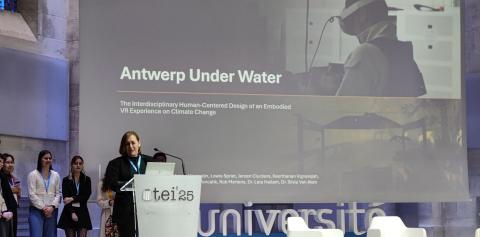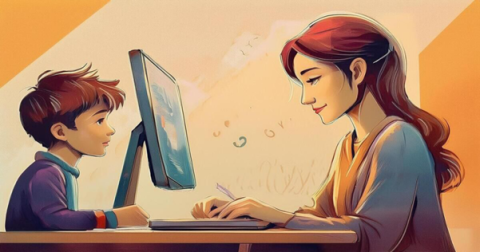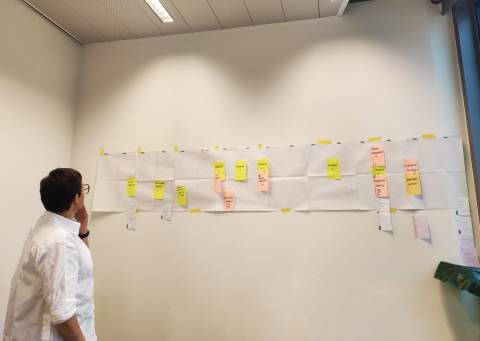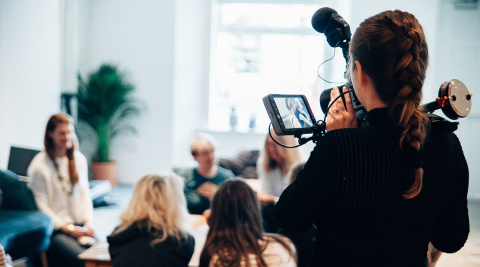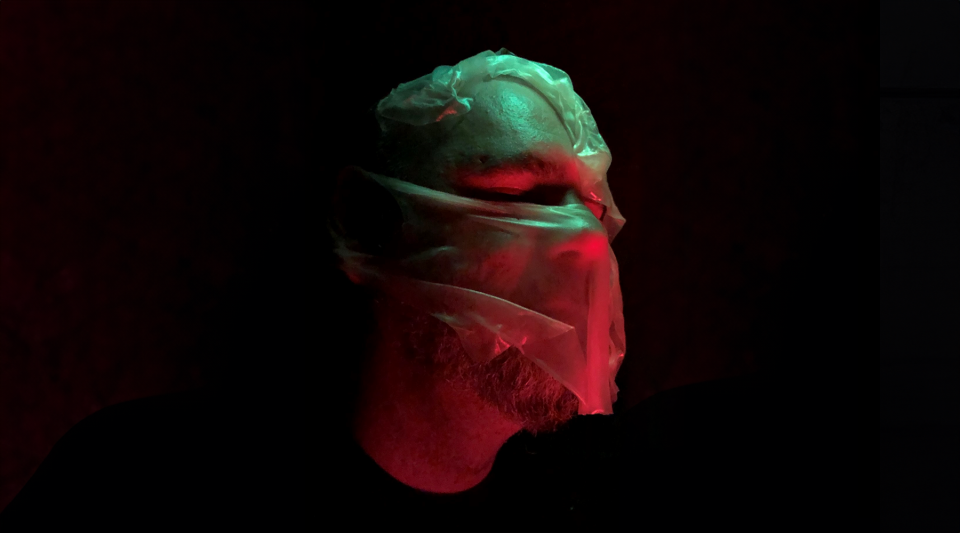
In the heart of cosmopolitan Antwerp, the historically significant Royal Academy served as the venue for an international collaborative creation course held from October 23rd to 27th. This event successfully united students from the Graphic Design department with five accomplished poetry artists: Makis Moulos, Tswi, Estibalis Espinosa, Julie Lombe, and Marius Povilas Elijas Martynenko. The primary objective was to foster meaningful interactions between emerging visual artists and skilled vocal artists with a focus on developing innovative artistic concepts. The week-long event was dedicated to visual experimentation, technical exploration, and the exploration of various artistic possibilities. This initiative is part of the "Urban Travel Machines" project, an international collaboration between three renowned art schools: the Royal Academy of Fine Arts Antwerp – AP University College of Applied Sciences and Arts in Belgium, the School of Arts, Design and Architecture of AALTO University in Finland, and the Polish-Japanese Academy of Information Technology in Poland, supported by the EU as a Creative Europe project. "Urban Travel Machines" recognizes the transformative potential of slam poetry to captivate audiences and invigorate the literary sector, especially in urban, culturally diverse settings.
Collaborative Creation Courses took place at art universities in Helsinki/Espoo, Warsaw and Antwerp, uniting poetry performers and visual art students to craft immersive environments for Immersive Poetry Festivals. Guided by immersive specialists, these courses nurtured creativity and pushed the boundaries of literary expression, fostering a cross-cultural, innovative approach to the creative arts set to leave a lasting impact on the art and design landscape.
The course in Antwerp was supported and guided by accomplished tutors, including Janna Beck, Annelise Cerchedean, Kris Meeusen, Tom Dietvorst, Ode de Kort and Philip Meersman. Their expertise added a diverse range of technological and artistic inputs to the project, enriching the creative process.
Students had access to workshops and testing setups, collaborating closely with the Maxlab research group and the AP Immersive Lab. They had the opportunity to experiment with cutting-edge technologies such as AI, Stable Diffusion, Processing, Photogrammetry scanning, 360-degree cameras, and various visual techniques.
One standout moment during the week was the opportunity on Thursday for the participants to test their projects at the Planetarium of the Royal Observatory of Belgium, an exceptional setting for immersiveness and atmospheric exploration. Here, they delved into elements such as contrast, scale, brightness, and more, crucial to the overall visual and sensory experience.
International partners, including Olga Wroniewicz (PJAIT Warsaw), Tarja Nieminen (Aalto University), Kira Preckel and Konstantin Kirner (Vienna Planetarium), provided feedback from their experience and perspectives.
On Friday afternoon, the collective results were presented as an immersive poetry performance at the Royal Academy of Antwerp's hall as part of the Articulate research week, marking the culmination of this intense collaboration. The students, including Shin Jiwon, Clara Hsu, Simon Munck, Cas Andries, Nathaniel Ortiz, Ben Kugener, Klaudia Bogusz, Kai Lu Kaitse, Inez Ruiz, Kato Verschuur, Nicola Bernasconi, Fang Chunjia, Mila Vanhende, Vincent Carl, Chiara Vernier, Alexandra Duschnat, Luna Moraga-Garcia, and Iris Van der Jeucht, exhibited remarkable dedication and creative talent within this short timeframe.
The grand finale awaits, with the live showcasing of the created pieces scheduled for the Planetarium of A Coruna in March and the comprehensive project presentation set for December 2024 at the Planetarium of the Royal Observatory of Belgium. This ambitious project symbolizes the power of collaboration, innovation, and the creative arts to unite diverse cultures and influence a broader audience.







